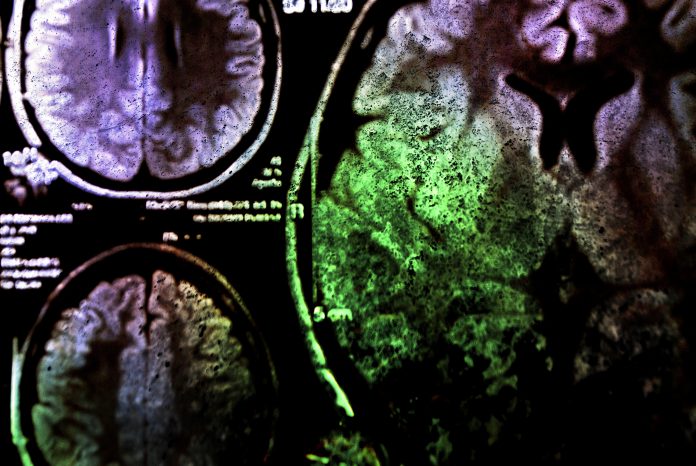Technology developed by Yale University confirms that destruction of brain synapses explains cognitive deficits experienced by patients with Alzheimer’s disease
For decades, scientists have had to make assumptions about Alzheimer’s disease and what causes cognitive decline.
Cognitive decline is at the heart of Alzheimer’s, with those affected becoming increasingly unable to interact with their loved ones as they used to. This issue has a widespread set of social consequences, alienating the individual from their reality and creating a painful, difficult distance.
Any identification of what causes cognitive decline can lead to new treatment pathways, which are sorely needed for a range of neurological diseases. Now, a team at Yale have discovered a new link between synapses and Alzheimer’s.
PET imaging scan reveals loss of synapses
By research being limited to a small number of brain biopsies and post-mortem brain exams conducted on patients with moderate to advanced symptoms, the team had assumed that the loss of connections between brain cells caused Alzheimer’s-related symptoms.
However, using advanced image technology known as positron emission tomography (PET) scanning technology has allowed researchers to observe the loss of synapses in living patients with even mild symptoms of Alzheimer’s disease.
The new glycoprotein 2A (SV2A) PET imaging scan allowed scientists to measure metabolic activity at the brain synapses of 45 people diagnosed with mild to moderate Alzheimer’s disease. This new scan will provide even more precise picture of the entire scale of Alzheimer’s disease from mild all the way advanced.
Measuring 5 key areas researchers explored each patient’s cognitive performance:
- Verbal memory
- Language skills
- Executive function
- Processing speed
- Visual-spatial ability
Through this process the team discovered that the loss of synapses or connections between brain cells was strongly associated with poor performance on cognitive tests along with that, they also observed that synaptic loss was a stronger indicator of poor cognitive performance than the loss of overall volume of neurons in the brain.
The importance of understanding cognitive decline
Through this research and new technology, Yale researchers are able to track the loss of synapses in patients over time – therefore providing a better understanding of the cognitive decline that follows Alzheimer’s patients.
“The findings help us understand the neurobiology of the disease and can be an important new biomarker to test the efficacy of new Alzheimer’s drugs,” said Adam Mecca, assistant professor of psychiatry and lead author of the paper.











